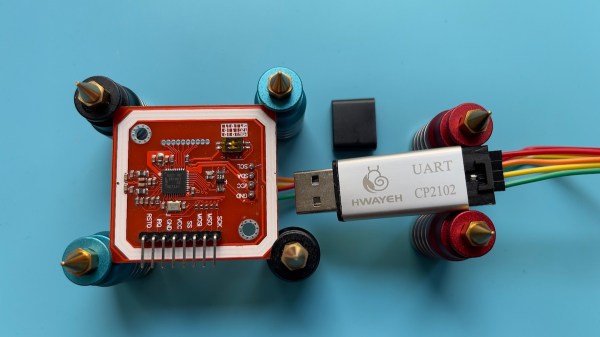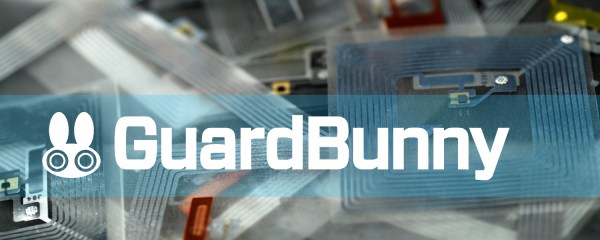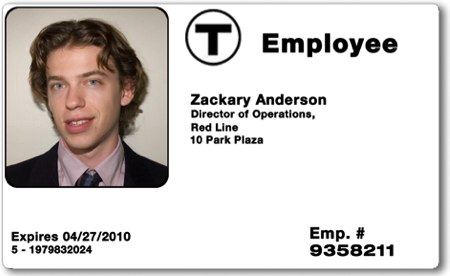[Guillermo] started a new job a while back. That job came with an NFC access card, which was used for booking rooms and building access. The card also served as a wallet for using the vending machines. He set about hacking the card to see what he could uncover.
Initial scans with NFC Tools revealed the card was an Infineon MIFARE Classic Card 1k. These cards are considered fairly old and insecure by now. There’s plenty of guides online on how to crack the private keys that are supposed to make the card secure. Conveniently, [Guillermo] had a reader/writer on hand for these very cards.
[Guillermo] was able to use a tool called mfoc to dump the keys and data off the card. From there, he was able to determine that the credit for the vending machines was stored on the card itself, rather than on a remote server.
This means that it’s simple to change the values on the card in order to get free credit, and thus free snacks. However, [Guillermo] wisely resisted the urge to cash in on candy and sodas. When totals from the machine and credit system were reconciled, there’d be a clear discrepancy, and a short investigation would quickly point to his own card.
He also managed to successfully clone a card onto a “Magic Mifare” from Amazon. In testing, the card performed flawlessly on all systems he tried it on.
It goes to show just how vulnerable some NFC-based access control systems really are. RFID tags are often not as safe as you’d hope, either!













